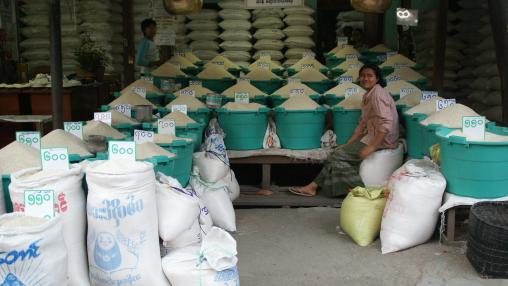
Food Price Index Falls for Third Consecutive Month
The FAO Food Price Index fell for the third consecutive month in April as global markets continue to see the effects of COVID-19. The 3.4-percent decrease brought the Index to the lowest point seen since January 2019.
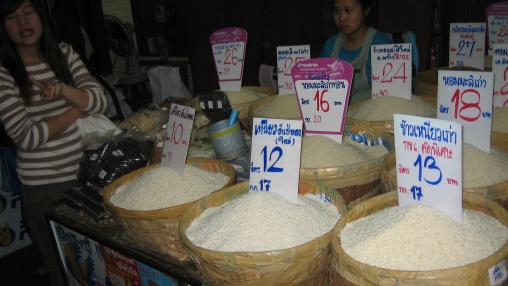
Food Price Index Falls for Third Consecutive Month
The FAO Food Price Index fell for the third consecutive month in April as global markets continue to see the effects of COVID-19. The 3.4-percent decrease brought the Index to the lowest point seen since January 2019.
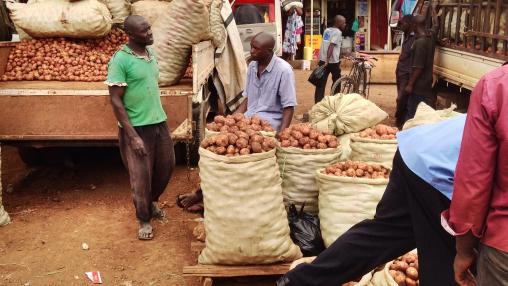
New COVID-19 Food Price Monitor tracks warning signs of stress in local markets
This post originally appeared on IFPRI.org.
Food systems are complex and the disruptions caused by COVID-19 are varied. Global analyses of trends in food supply, trade, and prices are useful. However, as Manuel Hernandez, Soonho Kim, Brendan Rice, and Rob Vos emphasize, daily price data in multiple countries and markets are needed to provide information to identify and respond to more specific local and national shocks—and a new Food Price Tracker tool is now available to meet this demand.—John McDermott, series co-editor and Director, CGIAR Research Program on Agriculture for Nutrition and Health (A4NH).
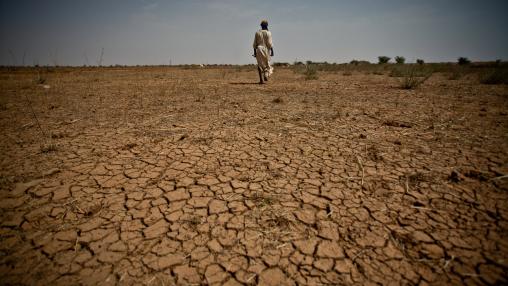
Food Crises Increase Around the World: 2020 Global Report on Food Crises Released
An estimated 135 million people around the world faced acute levels of hunger in 2019, according to the 2020 Global Report on Food Crises, released this week. This number reflects the highest level of acute hunger seen since the report’s inception in 2017.
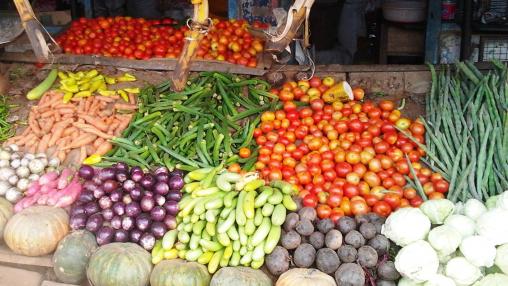
Poverty and food insecurity could grow dramatically as COVID-19 spreads
This post originally appeared on IFPRI.org blog.
As the COVID-19 pandemic spreads, social and economic relief measures—including fiscal stimulus and expansion of social safety nets—are crucial to prevent poverty and hunger from rising dramatically in developing countries. Rob Vos, David Laborde and Will Martin estimate this impact globally, finding that over 140 million additional people could fall into extreme poverty in 2020, including 80 million in Africa and 42 million in South Asia. Food insecurity would rise along with poverty. Without support, this global health crisis could thus cause a major poverty and food crisis.—Johan Swinnen, series co-editor and IFPRI Director General.
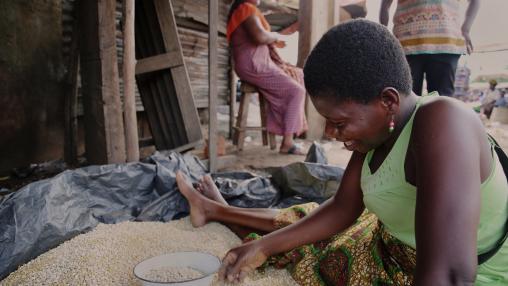
How COVID-19 may disrupt food supply chains in developing countries
This post originally appeared on IFPRI.org blog.
The organization of food supply chains (FSCs) is strongly affected by the level of economic development and factors such as urbanization and globalization. COVID-19 will thus have different impacts on FSCs in poor vs. in rich countries. Tom Reardon, Marc Bellemare and David Zilberman identify these structural differences and draw out the implications of widespread lockdowns and possible policy responses.—Johan Swinnen, series co-editor and IFPRI Director General.
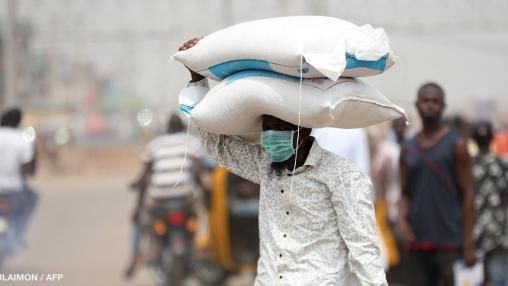
Will COVID-19 cause another food crisis? An early review
COVID-19 is disrupting economies around the world, but will it cause a food crisis? IFPRI Director General Jo Swinnen says it depends whether you are rich or poor. Jo synthesizes insights from several blog posts in this series to make the case that governments must emphasize policies and programs that target the immediate needs of their poorest citizens.—John McDermott, series co-editor and Director, CGIAR Research Program on Agriculture for Nutrition and Health (A4NH).
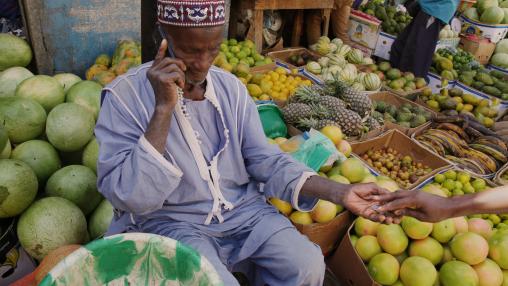
COVID-19: Trade restrictions are worst possible response to safeguard food security
This post originally appeared on IFPRI.org blog.
As COVID-19 spreads around the globe, fears of a deep global recession are mounting. Some also fear that food supplies may start running short, especially if supply chains are disrupted. Others fear that agricultural production may be disrupted by containment measures that restrict workers from harvesting and handling crops.
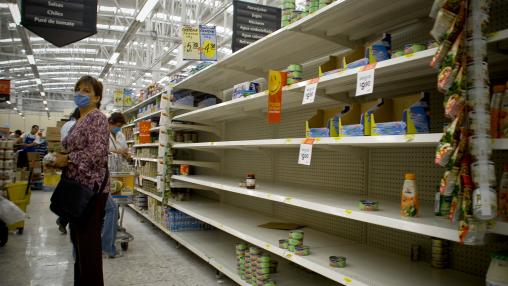
Coronavirus and the Implications for Food Systems and Policy
It originally appeared on Agrilinks.
The COVID-19 virus, commonly referred to as coronavirus, is spurring dramatic changes to economic, healthcare, transportation, and education systems around the world. No less important is the potential for COVID-19 to impact local and global food systems and their ability to provide safe, affordable, and nutritious food as well as sufficient incomes for people working in food and agriculture sectors. As the COVID-19 pandemic is still evolving, it is difficult to know the geographic reach and degree of impact we can expect to see across food production and distribution systems. Looking to past viruses as well as China’s handling of COVID-19, however, might help guide future responses in public policy and programming.

How much will global poverty increase because of COVID-19?
This post originally appeared on IFPRI.org blog.
In a recent blog post, we analyzed how the spread of the disease associated with the novel coronavirus (COVID-19) may bring damage to the global economy, and with it to food security and efforts to reduce poverty. We emphasized that the economic impacts of the present pandemic will be different from previous ones, including SARS, avian influenza, and MERS, which caused direct damage to livestock sectors, leading to food shortages and food price hikes in affected areas. No major food shortages have emerged thus far because of COVID-19.